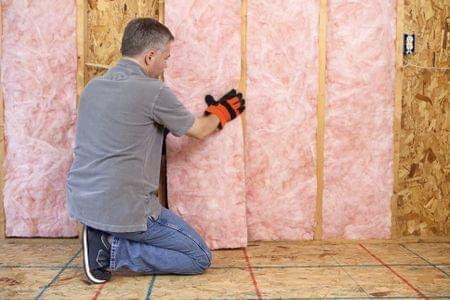
It can be a bit overwhelming task to select the best insulation tester to get the job done. This is because it is not an easy thing to determine the best model for you since there are a lot of options available in the market these days. So that you can know the best tester that is right for your application, it will be useful to know why a certain kind of testing is important. You need to determine first good insulation versus poor insulation. Good insulation has comparatively small resistance. By frequently testing the insulation, you can easily identify the problems and fix them before an accident or equipment failure happens. Now how do you know which is the right tester to use for your job.
The logic is that you need to select a tester based on specific application uses. This is not certainly what should happen. Selecting the best insulation tester is based more on stipulations than uses. There are a lot of factors that you need to think about when choosing the best insulation tester for you. The tips for choosing the best insulation tester are analyzed below.
You need to first have a close look at the voltage requirements when choosing the best insulation tester for your use. The output voltage that is used to equipment should be based on the direct current insulation resistance test voltage that is suggested by the maker. If you find out that there is no recommendation, make sure you visit the website of NETA to get the recommendations of industry best practices. Get more facts about insulation testers at https://en.wikipedia.org/wiki/Electrical_safety_testing.
The other factor that you need to think about when choosing the best insulation tester is the measuring current. You need to ask yourself about the kind of the current you are measuring, is it leakage current or polarization current.
The level of personal experience is another thing that you need to think about when choosing the best insulation tester. If you are sure that you are skilled and you are having a good grasp of the interpretation of readings, then know that any tester can be good for you depending on your use and environment. If you are not practiced, ease and restricted purposes are suggested along with some kind of on the job teaching on insulation resistance testing.
The environment is also important in determining the type of tester you should buy. Ask yourself whether the tester is going to be used inside or outside or in a manufacturing plant or a shop. Are you going to use it for troubleshooting, preventive upkeep or both? These are some of the top factors that will help you to determine the size and the kind of tester you will be using.
Once you are done with the prime considerations of choosing a tester, you can now narrow down the field of testers depending on the price point you would like to meet.
After you have considered a few principles, you can select certain models based on your specific tastes.